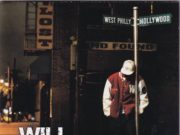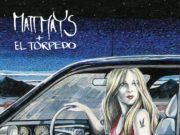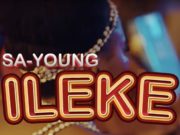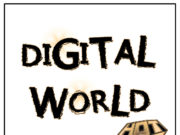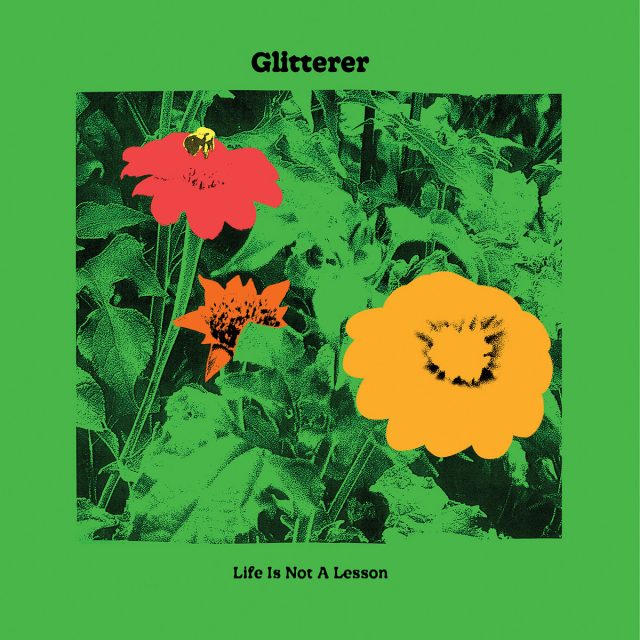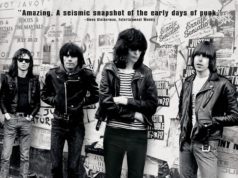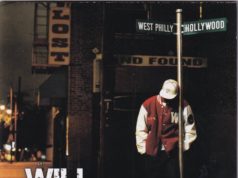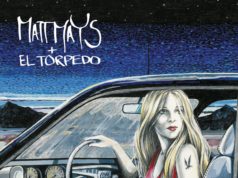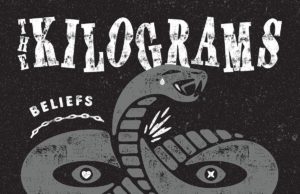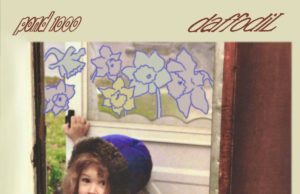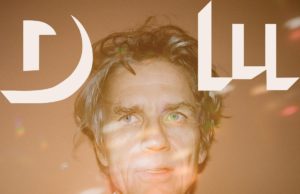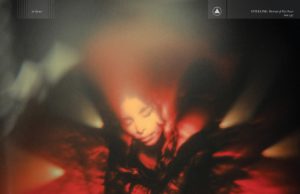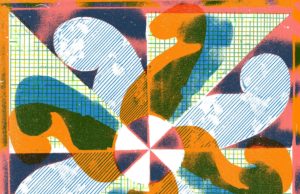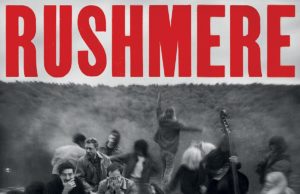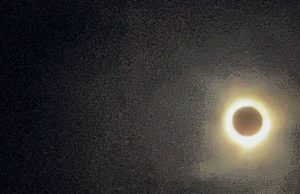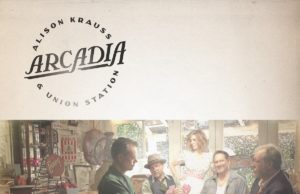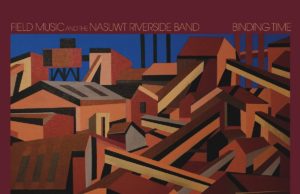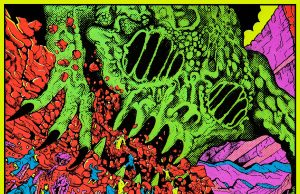THE EDITED PRESS RELEASE: “The major theme in Life Is Not A Lesson is desire,” Glitterer’s Ned Russin explains. “Are You Sure? is a song about certainty. My younger self was fascinated with and comfortable in assurances. I felt very sure I had the answers to a lot of questions (like) What am I doing with my life? What do I like? Who am I? My current self, not so much. This song addresses the desires to find these answers while admittedly contradicting itself in the face of their questions, unsure if they’re even important to answer in the first place.”
A Washington, D.C. resident and northeastern Pennsylvania native, Russin co-fronted Title Fight for many years before the band suspended operations and Ned became Glitterer, releasing his debut album Looking Through The Shades in 2019. Life Is Not A Lesson is his sophomore full-length.
Lyrically, as with the prior album, many of the songs on Life Is Not A Lesson are short, dialectical considerations of the countless daily miniature panic attacks that attend the rigorously examined life. For example, the lyrics of Are You Sure — “Feel it in my spine / Certainty is mine / Are you sure?” — combines the tension-building properties of Guided By Voices’ Hot Freaks with the tension-resolving blast of something like Pixies’ Gouge Away. Life is Not a Lesson proves to be a rigorous reckoning with the life of the mind at a time when there’s not much life outside the mind.
Looking Through The Shades was recorded and co-produced by Arthur Rizk (Code Orange, Power Trip) but this time Russin has produced the record himself, notwithstanding some recording and performance help from his twin brother, Ben. Would it surprise you to hear that, irrespective of worldly doom and gloom, the new songs are even catchier and bigger-sounding than the Looking Through the Shades material? With roomier drums and more electric-guitars-per-square-inch than ever, Life is Not a Lesson has a way of evoking an alternate-universe version of GBV, one with a hardcore-punk background. And if there was, perhaps, an indirect or “meta” aspect to the pop appeal of Glitterer’s older records, there’s essentially none of that here: This is Glitterer’s most insistently and proudly accessible work.”





